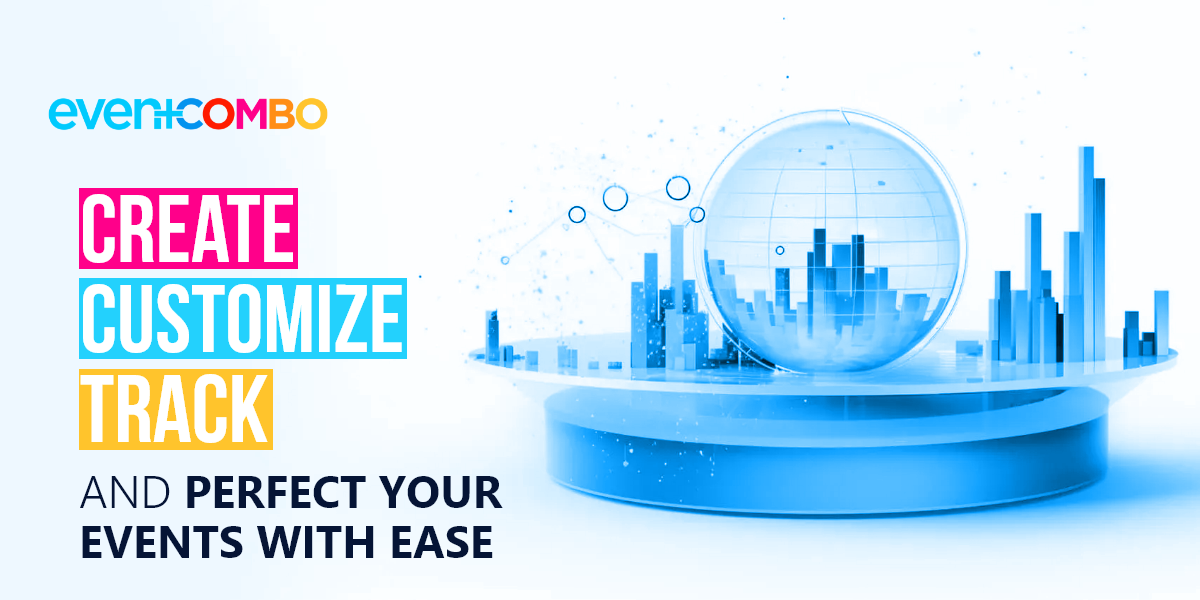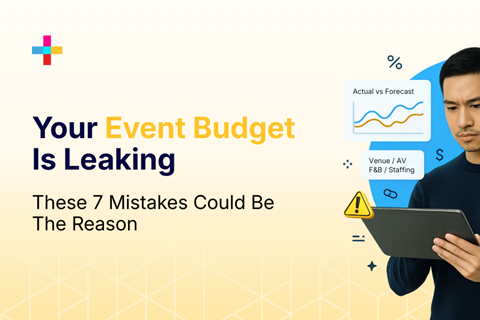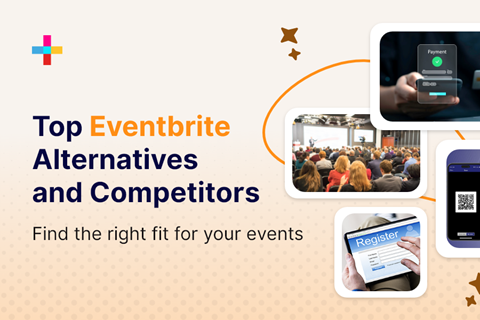

The event planning industry is experiencing a fundamental shift as machine learning and predictive analytics introduce a future of enhanced efficiency and personalized experiences. This pioneering wave of technology is revolutionizing sectors from large-scale conferences to luxury weddings, turning data into a valuable asset to meet the high standards of event execution. These innovations are redefining the playbook by providing insights, automating tasks, and sharpening market analysis, leading to a new era where efficiency, satisfaction, and success are the new benchmarks.
The Significance of Machine Learning
Machine learning, an influential subset of artificial intelligence (AI), offers computers a golden opportunity to interpret complex data, make informed predictions, and execute decisions without explicit programming. It fundamentally transforms the event planning field, equipping it with sophisticated tools to understand, analyze, and predict trends from intricate data sets.
Real-World Applications of Machine Learning in Event Planning
Predicting Event Participation
Machine learning brings the power to anticipate future patterns and behaviors based on past data. Within an event planning context, this can act as a compass, guiding the direction of future events:
Enhanced Personalization
Machine learning has opened new doors to personalization in event planning. Here, the implementation of Eventcombo’s AI-driven event management platform becomes invaluable, empowering event organizers to deliver tailored experiences, thus leaving a larger impact on attendees:
Boosting Marketing Efficiency
The integration of machine learning in event planning is not confined to the event execution alone, but it even extends to the realm of marketing:
The judicious use of machine learning in event planning can lead to unprecedented efficiency, participant satisfaction, and overall event success. As technology advances, the application of machine learning in this industry is only set to increase, making it an exciting space to watch.
Predictive Analytics: Gaining Valuable Insights
Predictive analytics stands at the forefront of technological advancements, wielding statistical algorithms and machine learning techniques to extrapolate future outcomes from historical data. This sophisticated tool revolutionizes event planning, offering unprecedented insights into budgeting, logistics, attendee satisfaction, and beyond.
Real-World Use Cases of Predictive Analytics in Event Planning
Budget Optimization
In a domain where financial acumen translates directly to an event's success, predictive analytics serves as a beacon, guiding event planners through the murky waters of budget management:
Improving Event Logistics
The logistical labyrinth of event planning can be deciphered and navigated with greater precision through the application of predictive analytics, ensuring an efficient and seamless event experience:
Attendee Satisfaction and Engagement
Predictive analytics does more than streamline processes; it directly contributes to enhancing the participant experience, thereby elevating the overall event quality:
Risk Management and Contingency Planning
Predictive analytics extends its utility to forecasting potential risks and enabling preemptive actions to mitigate them:
Marketing and Promotion Optimization
A strategic marketing plan powered by predictive analytics can significantly enhance event visibility and attendee numbers:
Event planners can transcend traditional planning limitations by harnessing the power of predictive analytics. This approach amplifies the efficiency and effectiveness of event organization and transforms attendees' experiences, setting new benchmarks for success in the fast-paced world of event management.
The Intersection of Machine Learning and Predictive Analytics
This synergetic combination empowers event planners by providing them with unprecedented data-driven insights. Armed with this knowledge, they can make more informed decisions, anticipate potential challenges, and tailor experiences that better align with their audience's expectations. From optimizing logistical aspects such as venue selection and resource allocation to fine-tuning the thematic elements of the event for enhanced participant engagement, the fusion of machine learning and predictive analytics is transforming event planning into an exact science.
Moreover, this integration facilitates a more dynamic approach to managing and mitigating risks. Planners can ensure a smoother, more resilient operational flow by predicting and preparing for various scenarios before they unfold. It opens up the possibility for crafting personalized attendee experiences at scale, a feat once considered formidable, if not impossible.
In essence, the marriage of machine learning and predictive analytics not only makes event planning more efficient but also elevates the quality and success of the events themselves. As we move forward, this partnership promises to continue its innovation trajectory, setting new benchmarks for excellence in event planning.
The Future of Event Planning
With the massive volumes of data available today, machine learning and predictive analytics can potentially shape the future of event planning. These technologies enable the detection of patterns and trends, leading to strategic and informed decisions. In a rapidly evolving landscape, the accelerated adoption of these tools will determine who leads the race, shaping the future of the event planning industry.
While machine learning and predictive analytics propel event planning into new dimensions, it's essential to remember that technology is merely an enabler. The real magic lies in balancing these insights with human creativity and intuition to create memorable, impactful experiences that leave a lasting impression.

Every event organizer knows the sinking feeling of watching a well-planned budget unravel. That initial estimate of $400,000 suddenly balloons to $540,000 due to unexpected fees and overlooked expenses.

Eventbrite is a common name in the event management space, but if you’re here, chances are it isn’t checking all your boxes. Like many professionals, you may be looking for Eventbrite alternatives or exploring...

Networking events remain the backbone of professional growth, whether you're building a business, recruiting talent, generating leads, or seeking strategic partnerships.